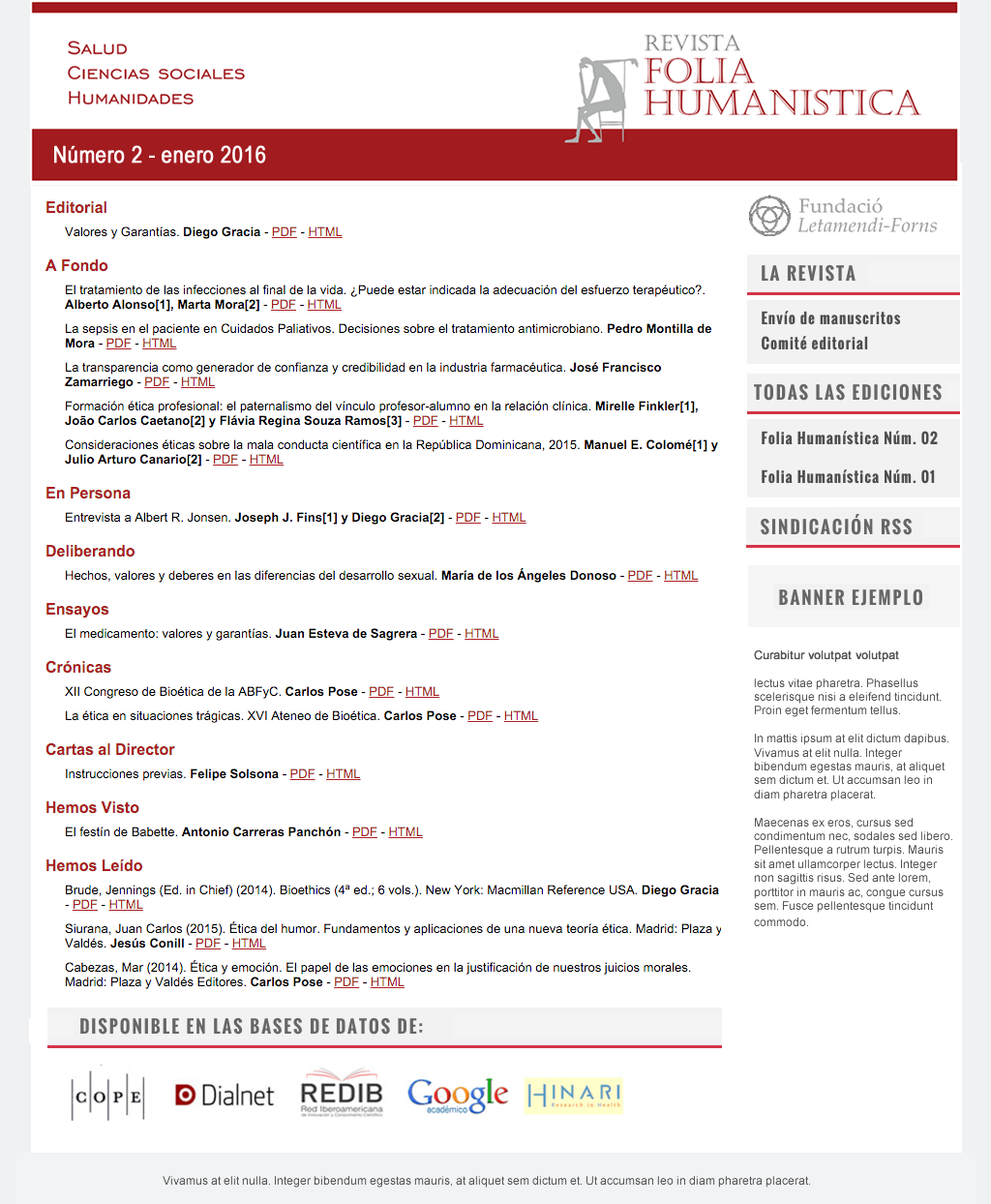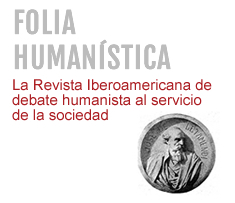Pensamiento crítico en la docencia y la práctica de la medicina
DOI:
https://doi.org/10.30860/0098Palabras clave:
Pensamiento crítico, Modelo científico, COVID-19Resumen
El presente artículo explica y ejemplifica la definición de pensamiento crítico en medicina y su relación con el modelo científico.
Pensamiento crítico, o mejor aún, cognición educada, consiste en saber identificar un conocimiento basado en evidencias de otro que no lo es, en saber gestionar la incertidumbre en situaciones como la aún actual pandemia de COVID-19. Consiste en buscar la veracidad como método. Y requiere una capacidad de crítica con dosis de escepticismo.
La segunda parte del artículo argumenta la importancia de tener conocimientos basados en modelos. Conocimientos que no creencias. El modelo científico consiste en enmarcar el conocimiento científico en un modelo explicativo que no un modelo mágico ni un modelo justificativo. El modelo científico reconoce sus fortalezas y debilidades, es decir, se aplica de manera crítica, y está obligado a explicar y predecir parcelas de la realidad física, psíquica o social.
En general se asocia el pensamiento crítico a un camino para llegar a la verdad, pero, tal como describimos en el presente artículo, resulta mucho más apropiado considerarlo un camino para rectificar y perfeccionar nuestros hábitos motores y de reflexión, y una metodología para pensar conforme a modelos que expliquen lo mejor posible la realidad y para rectificar sin apenas dolor moral.
Citas
Stolberg M. Inventing the randomized double-blind trial: the Nuremberg salt test of 1835. J R Soc Med. 2006 Dec;99(12):642-3. doi: 10.1258/jrsm.99.12.642. PMID: 17139070; PMCID: PMC1676327. Disponible en: http://jameslindlibrary.org/wp-data/uploads/2016/08/J-R-Soc-Med-2006-12-Stolberg-642-3.pdf
Stub T, Musial F, Kristoffersen AA, Alræk T, Liu J. Adverse effects of homeopathy, what do we know? A systematic review and meta-analysis of randomized controlled trials. Complement Ther Med. 2016 Jun;26:146-63. doi: 10.1016/j.ctim.2016.03.013. Epub 2016 Mar 26. PMID: 27261996.
Mathie RT, Ulbrich-Zürni S, Viksveen P, Roberts ER, Baitson ES, Legg LA, Davidson JRT. Systematic Review and Meta-Analysis of Randomised, Otherthan-Placebo Controlled, Trials of Individualised Homeopathic Treatment. Homeopathy. 2018 Nov;107(4):229-243. doi: 10.1055/s-0038-1667129. Epub 2018 Aug 18. PMID: 30121049.
Fisher P. Homeopathy and The Lancet. Evid Based Complement Alternat Med. 2006;3(1):145-147. doi:10.1093/ecam/nek007
VV.AA El Economista. Ranking de empresas. Volumen de ventas de Boiron Sociedad Ibérica De Homeopatía SA en España de 2015 a 2018. Disponible en: https://ranking-empresas.eleconomista.es/BOIRON-IBERICAHOMEOPATIA.html
VV.AA “Médicos por la verdad” Diario de Sevilla 02 Abril 2021 Accesible en: https://www.diariodesevilla.es/sociedad/Medicos-Verdad-peligrosanegacionista-expande_0_1561045139.html
Web Fundación para el Pensamiento Crítico, (Critical Thinking Foundation). Disponible en: https://www.criticalthinking.org/
Payeras B. Revelador estudio del biólogo Bartomeu Payeras sobre la relación entre pandemia y tecnología 5-G. Youtube. Disponible en:
https://www.cambio16.com/biologo-espanol-vincula-equipos-5g-con-lapotenciacion-de-la-covid19/
Borrell i Carrió F. Covid19, una oportunidad para reflexionar sobre la toma de decisiones en incertidumbre. Folia Humanística 2020;3(2):1-46. Doi: http://doi.org/10.30860/0068. Disponible en: https://revista.proeditio.com/foliahumanistica/article/view/2562/3178
Ramón y Cajal S. El hombre natural y el hombre artificial. Barcelona: Planeta Agostini; 2010.
Montaigne. Essais. Lubine: Livrefrance; 2010. Disponible en: https://livrefrance.com/Montaigne.pdf
Descargas
Publicado
Cómo citar
Número
Sección
Licencia
Derechos de autor 2023 Folia Humanística

Esta obra está bajo una licencia internacional Creative Commons Atribución-NoComercial-CompartirIgual 4.0.
La Revista Folia Humanística se adhiere a Creative Common en la modalidad: Reconocimiento – NoComercial – CompartirIgual (by-nc-sa): No se permite un uso comercial de la obra original ni de las posibles obras derivadas, la distribución de las cuales se debe hacer con una licencia igual a la que regula la obra original.








